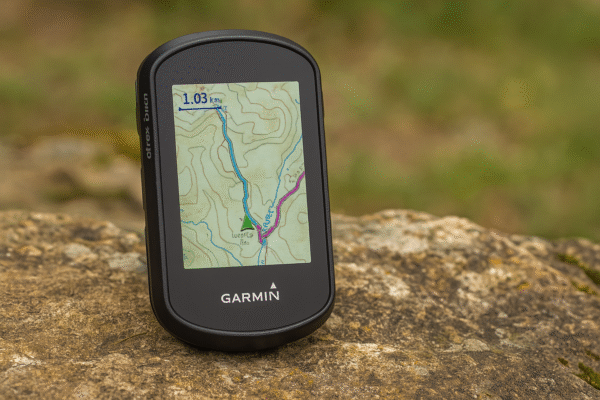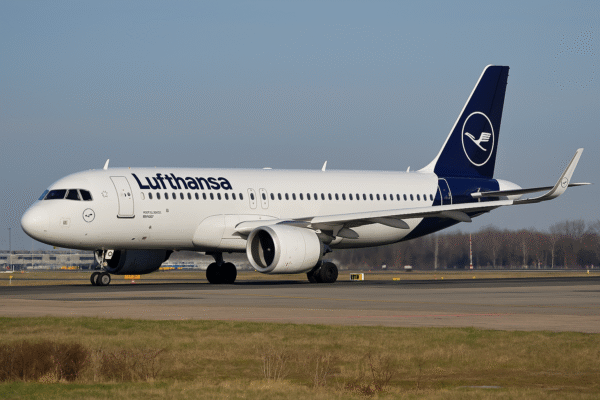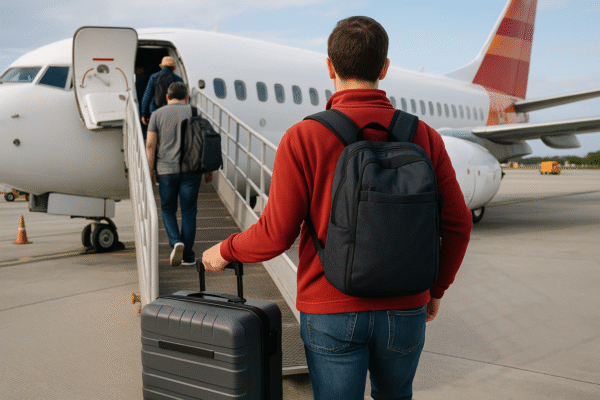Southwest Airlines has announced a new safety policy that directly affects passengers who travel with battery-powered mobility devices. Effective September 25, 2025, travelers must remove lithium-ion batteries from electric wheelchairs and scooters before checking them in. The airline now requires these batteries to be carried into the cabin. They do not count toward carry-on or personal item limits.
Starting January 11, 2026, only batteries with a capacity of 300 watt-hours or less will be permitted. This change reflects growing safety concerns linked to lithium-ion batteries in aircraft cargo holds. The airline stresses that the policy protects passengers and reduces risks linked to overheating or fire.
Why the Policy Matters
Lithium-ion batteries power everything from phones to mobility devices. However, they also pose safety challenges. The Federal Aviation Administration (FAA) reported 55 battery-related incidents in 2025, following 89 in 2024. Overheating batteries in aircraft cargo holds represent a potential hazard. By limiting their storage to the cabin, Southwest reduces that risk.
Passengers who rely on mobility devices will feel the impact most. The policy ensures safer skies, but it requires extra planning from travelers who depend on electric wheelchairs or scooters.
Impact on Travelers with Mobility Devices
Many passengers with disabilities depend on powered devices to move through airports and terminals. Removing heavy batteries can create new challenges, especially for elderly travelers or those with health conditions. Carrying batteries during long layovers or across crowded airports may cause additional strain.
Still, the airline insists the policy focuses on safety. To support passengers, batteries do not count as carry-on items, allowing travelers to bring them without added restrictions. Even so, understanding the watt-hour limit remains critical for anyone flying after January 11, 2026.
Travel and Tourism Implications
Southwest Airlines carries millions of travelers across the United States every year. Tourists planning trips to US cities such as Las Vegas, Orlando, and Denver must now plan for this rule. Compliance ensures smooth boarding and prevents delays.
Tourism boards and travel agencies already emphasize accessibility when promoting US destinations. Policies like this underline the importance of advance preparation for disabled travelers. Tourists using mobility devices should verify their batteries meet the 300 watt-hour requirement well before arrival at the airport.
How to Prepare for the New Rules
Passengers can follow a few simple steps to comply with Southwest Airlines’ updated policy:
- Check the Battery Rating: Review your battery’s watt-hour rating. Ensure it does not exceed 300 watt-hours before travel in 2026.
- Remove the Battery: Detach the lithium-ion battery from the mobility device before checking it in.
- Carry it into the Cabin: Place the battery in a carry-on bag. Remember, it does not count toward your personal item limit.
- Arrive Early: Allow extra time at the airport to complete the required process.
- Contact the Airline: If unsure, call Southwest customer service for guidance specific to your device.
These steps help travelers avoid complications while ensuring compliance with the new safety requirements.
Balancing Safety and Accessibility
Safety in aviation remains the top priority, but accessibility also matters. Southwest acknowledges the challenges while maintaining that passenger safety outweighs inconvenience.
Travelers should remember that policies evolve as airlines adapt to emerging risks. Lithium-ion batteries remain essential for many devices, yet airlines must manage them carefully to protect passengers.
What the Future Holds
The new lithium battery rules at Southwest Airlines reflect a wider industry trend. Airlines worldwide continue to tighten restrictions on battery-powered devices. Regulators such as the FAA and the International Civil Aviation Organization (ICAO) push for stricter guidelines. More carriers may adopt similar watt-hour limits in the coming years.
Travelers can expect more focus on sustainable and safe energy solutions in aviation. Improved battery technology and safer storage methods may ease restrictions in the future. For now, staying informed about airline rules ensures smooth and safe travel.
Tourism in the United States Remains Accessible
Despite these new restrictions, the United States continues to welcome millions of tourists every year. Southwest Airlines plays a crucial role in connecting major hubs, including Dallas, Phoenix, and Chicago, with popular leisure destinations. Passengers who prepare for the new policy will find their travel experience largely unchanged.
The policy highlights the importance of informed travel. Checking devices, planning ahead, and contacting the airline if needed ensures that journeys remain smooth. For those exploring the US in 2025 and beyond, awareness and preparation will be key.
Conclusion: Travel Smart with the New Rules
Southwest Airlines has introduced a clear policy on lithium-ion batteries to reduce risk and enhance passenger safety. The rule requires travelers to remove and carry batteries in the cabin, with a watt-hour cap beginning in 2026.
The policy will create new challenges, particularly for passengers with mobility devices. However, careful preparation makes compliance manageable. Checking watt-hour ratings, removing batteries before check-in, and arriving early all help ensure smooth journeys.
For travelers planning US trips in 2025 and 2026, these guidelines serve as essential reminders. By following them, tourists and locals alike can continue to fly safely, securely, and with peace of mind.
For more travel news like this, keep reading Global Travel Wire


















